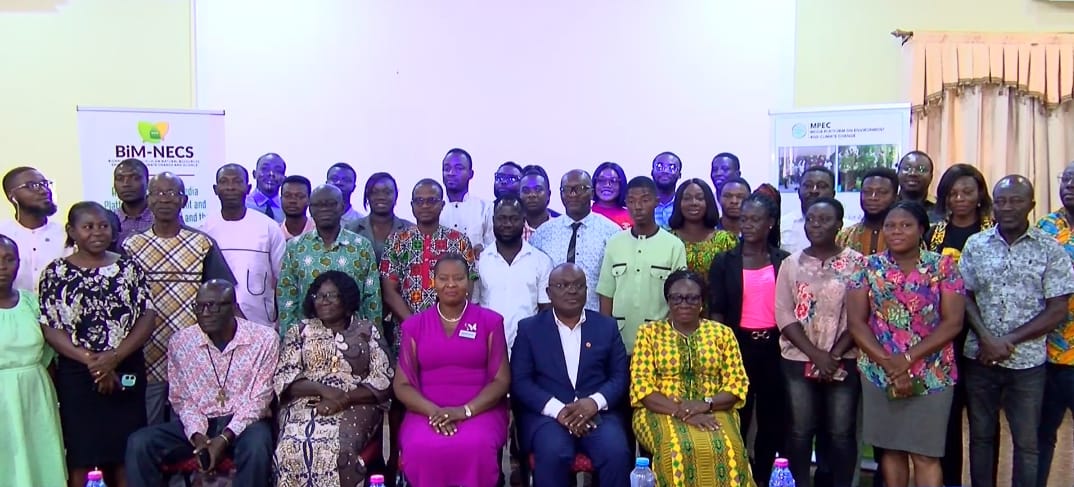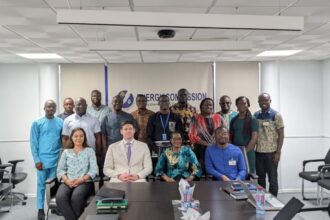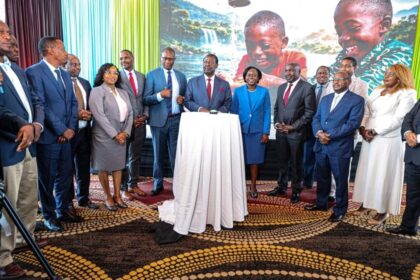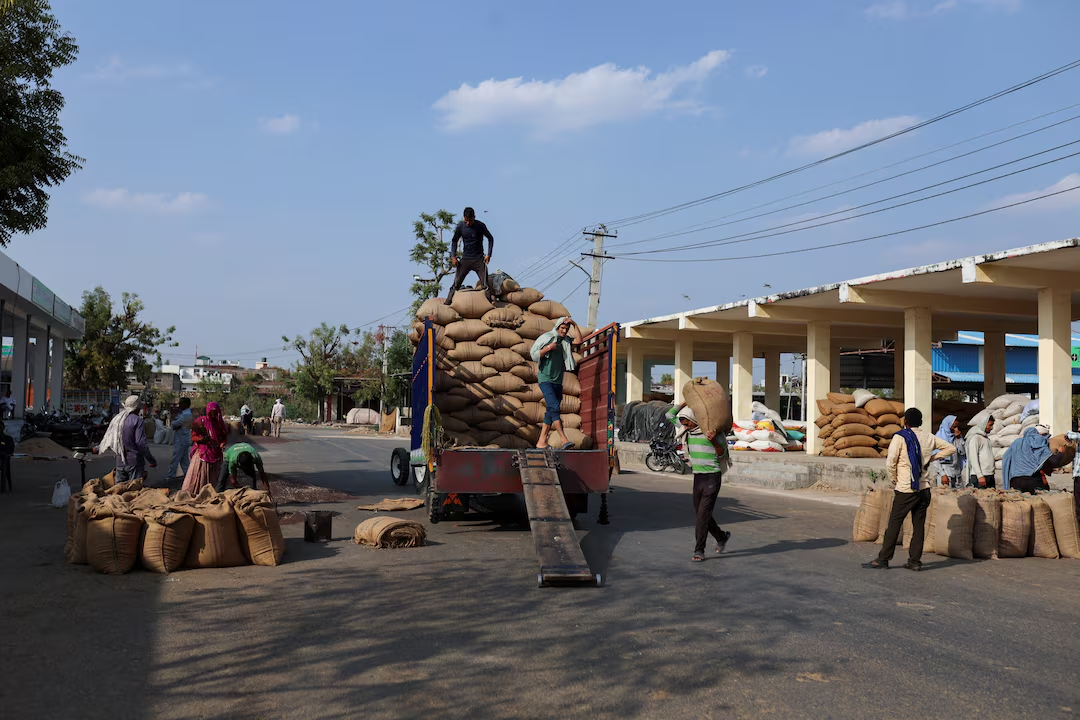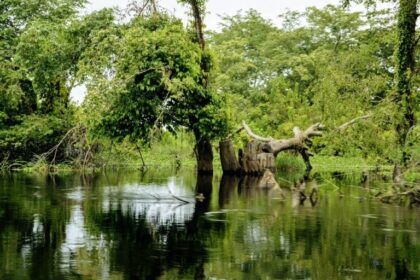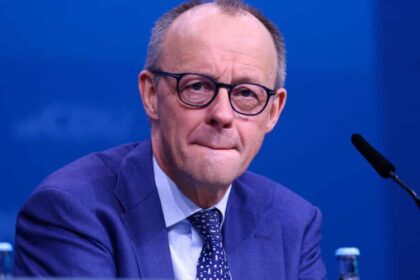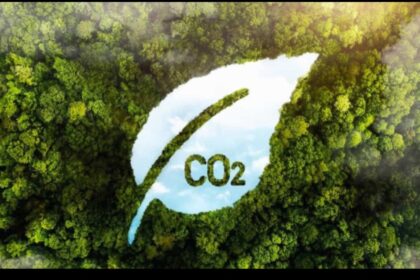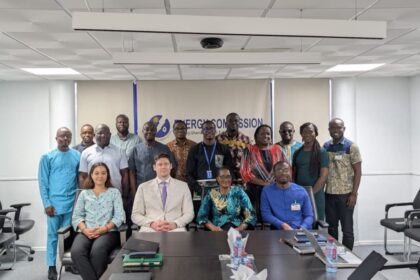Ghana’s media and environmental stakeholders have jointly called for an inclusive action to restore the country’s fast-degrading ecosystems following the outcome of the Kumasi Declaration, adopted at the Second Biennial Media Forum on Natural Resources, Environment, Climate Change and Science (BiM NECS 2) held in Kumasi.
The declaration, signed by journalists, scientists, policymakers and civil society actors emphasized on the need for stronger collaboration between media and research institutions, gender-responsive reporting, and evidence-based tracking of Ghana’s restoration targets.
The forum, themed “Ecosystem Restoration: The Politics, the Science, the Human and the Economy,” also brought together officials from the Environmental Protection Agency (EPA), forestry experts, media leaders, and development partners.
Organized by the Media Platform on Environment and Climate Change (MPEC) in partnership with Proforest and Tropenbos Ghana, the event marks a renewed push to make environmental restoration a mainstream media priority ahead of the 2030 global climate and biodiversity deadlines.
“We cannot cover restoration from a distance. The media must lead accountability efforts and bring community stories to the frontlines of public discourse,” said Mary Ama Kudom-Agyemang, MPEC Executive Director.
GJA, EPA Back Stronger Environmental Reporting
The Ghana Journalists Association (GJA) supported the declaration, calling on media organisatons set up dedicated environment desks and also invest in the continuous training of reporters covering science, climate, and land-use issues.
“Environmental stories must not be occasional. They are national development stories and deserve consistent attention,” said the Ashanti Regional GJA President, pledging institutional support.
Environmental Protection Authority (EPA) also welcomed the initiative, and outlined its migration to an authority status and commit to deeper public engagement through the media.
Science, Politics, and the Human Element
Keynote speaker, Prof. Mercy Derkyi of the University of Energy and Natural Resources cautioned that political will, scientific research, and community engagement must all align to prevent Ghana from losing critical ecological systems.
“We must ask: who decides what to restore, how is it funded, and what’s the role of the people on the ground?” she noted.
She also highlighted Ghana’s involvement in the Bonn Challenge, Green Ghana, and REDD+ programs, while calling for a national restoration data hub to ensure accountability and avoid project duplication.
Way Forward
The Kumasi Declaration outlines 12 action points, including the launch of an annual restoration media campaign, stronger fact-checking systems, media-scientist exchange platforms, and the integration of indigenous knowledge in environmental storytelling.
The forum concluded with a commitment to sustain the BiM NECS network as a permanent platform for media-environment collaboration, with stakeholders pledging to track the government’s restoration performance through scorecards, citizen feedback, and multilingual outreach.
“This is not just a communique—it’s a working document for change,” said Albert K. Sore, Chair of the BiM NECS 2 Planning Committee.
Source: www.climatewatchonline.com

